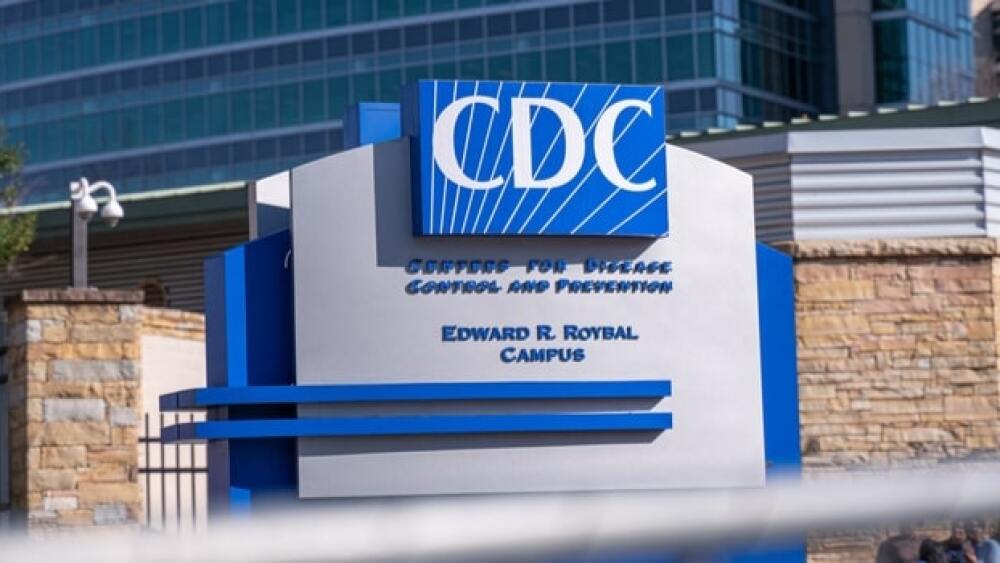On Tuesday, the CDC Advisory Committee on Immunization Practices voted 13-1 in support of this recommendation.
Pavel Metluk/Shutterstock
When a vaccine against COVID-19 is authorized, frontline healthcare workers and residents of long-term care facilities should be the first to receive the medication, an independent advisory panel for the U.S. Centers for Disease Control and Prevention recommends.
On Tuesday, the CDC Advisory Committee on Immunization Practices voted 13-1 in support of this recommendation. The one negative vote was made by an infectious disease expert from Vanderbilt University who expressed concern over the vaccine’s use among elderly long-term care residents because safety had not been established among that population during clinical studies.
The CDC is expected to make a formal ratification of the recommendation today ahead of the expected Emergency Use Authorization for the vaccine developed by Pfizer and BioNTech next week. A U.S. Food and Drug Administration advisory panel is set to examine clinical data from the vaccine studies on Dec. 10. EUA could soon follow. UK health authorities authorized use of the vaccine this morning.
Even if the CDC adopts the advisory panel’s recommendation, U.S. states are not bound to adhere to it. The final decision for how vaccines will be administered belongs to the governors of each state, The New York Times reported.
There are an estimated 21 million healthcare workers in the nation and the governors, along with their public health advisers, will have to determine how the vaccine is to be distributed given the limited number of doses of the two-shot regimen will initially be available. Those healthcare workers who are on the frontlines of the COVID-19 fight are expected to be the first to receive immunization. There are approximately three million people in the United States who live in long-term healthcare facilities and approximately 39% of COVID-19 deaths have occurred in these types of centers, the Times reported.
If the FDA authorizes the Pfizer/BioNTech vaccine, as well as a similar vaccine developed by Moderna, there will be enough available doses to immunize about 22 million people in the U.S. States will be allocated a number of doses based on the adult population living there.
In addition to its vaccine recommendations, the CDC also adjusted the quarantine timeline guidance for COVID-19. According to the Times, the CDC reduced its recommendation from 14 days to one week for people who have been exposed to the virus and received a negative COVID-19 test. For those who do not receive a COVID-19 test, the CDC recommends a quarantine time of 10 days. The median incubation time for COVID-19 is five days, with the vast majority of people infected showing symptoms between then and the 12th day following infection, the Times noted.
The U.S. has more than 13.7 million reported COVID-19 infections and 270,691 related deaths.
Featured Jobs on BioSpace





